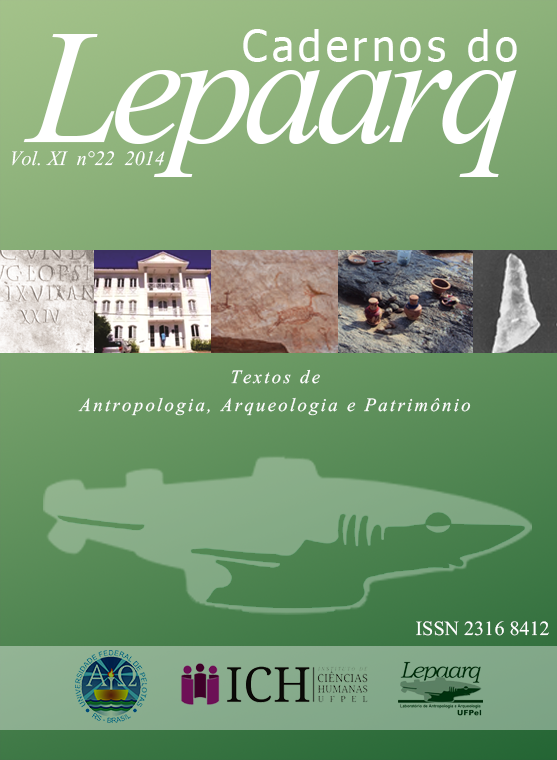Sylloge Nummorum Graecorum, Brasil I. Museu Histórico Nacional, Rio de Janeiro. Moedas gregas e provínciais romanas
Resumo
Abstract: The numismatic collection of the Museu Histórico Nacional in Rio de Janeiro is the largest in Brazil. It contains 131,000 specimens from all regions and historical periods, of which many are informatively and handsomely displayed in a permanent exhibition in the museum. This volume of the Sylloge Nummorum Graecorum, the first of a Brazilian collection, catalogues 1,750 of the coins that count as Greek. The descriptions and details of the coins are presented in the form that is usual for SNG volumes, with plentiful bibliographical referencing, in particular to other volumes of SNG. The catalogue is introduced by two essays: one, by the author Maricí Martins Magalhães on the development of the collection and the work of cataloguing it, the other by Professor Luiz Aranha Corrêa do Lago, curator of the permanent exhibition. The title of the exhibition is “As moedas contam a História” (Coins tell the [Hi]story), and Professor do Lago here provides for readers an authoritative account of the development of Greek coinage as it is extensively illustrated in the volume. In terms of chronological spread he is able to refer to coins from the very early days of coining in Asia Minor (nos. 1271-2, electrum and silver coins respectively of Lydia) right through to the later stages of the Roman provincial series in Alexandria (Maximianus Herculius, nos. 1726-37); the geographical spread covers an area running from the Straits of Gibraltar in the west to Afghanistan in the east.
Downloads
Os Cadernos do LEPAARQ publicam artigos em português, espanhol, italiano, francês e inglês, sem cobrança de nenhum tipo de taxa em nenhum momento, respeitando a naturalidade e o estilo dos autores. As provas finais serão enviadas aos autores, para sua conferência antes da publicação. O Conselho Editorial não se responsabiliza por opiniões emitidas pelos autores dos trabalhos publicados. O periódico Cadernos do LEPAARQ oferece acesso livre imediato ao seu conteúdo, seguindo o princípio de que disponibilizar gratuitamente o conhecimento científico ao público proporciona maior democratização mundial do conhecimento. Os textos publicados poderão ser depositados imediatamente pelos autores em suas páginas pessoais, redes sociais e repositórios de textos.Nesse sentido, o periódico não tem fins lucrativos, de modo que os direitos autorais dos artigos publicados pertencerão aos respectivos autores e estes não receberão nenhuma forma de remuneração. Dessa forma, ao enviar o artigo, o autor do mesmo estará automaticamente aceitando esta condição. A reimpressão, total ou parcial, dos trabalhos publicados deve ser apenas informada pelos seus respectivos autores ao conselho editorial do periódico. OBS. Cabe(m) ao(s) autor(es) as devidas autorizações de uso de imagens com direito autoral protegido (Lei nº 9610, de 19 de fevereiro de 1998), que se realizará com o aceite no ato do preenchimento da ficha de inscrição via web.





